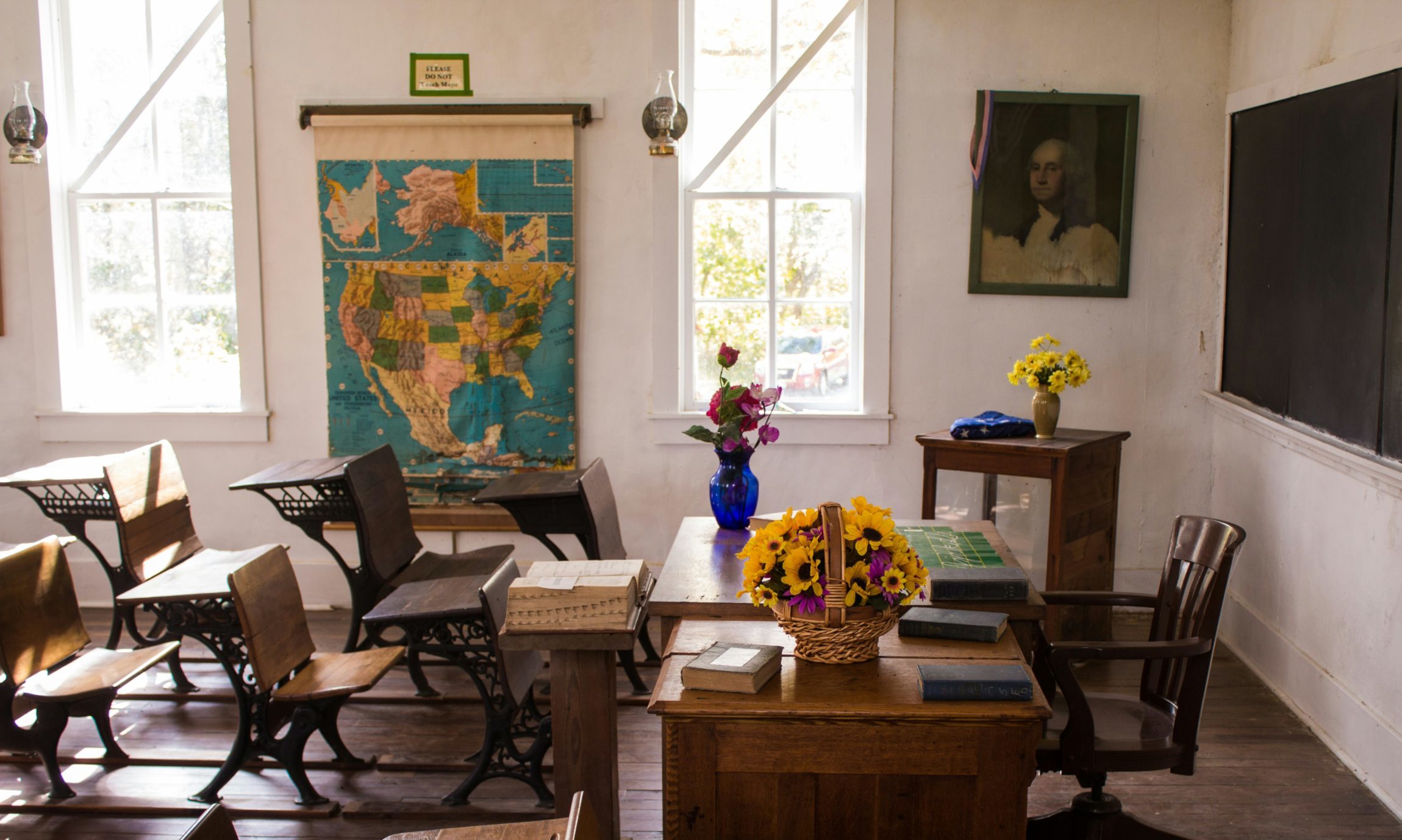Reclaiming Policy Sovereignty in Pakistan: Towards Contextualized, Inclusive Reform
In this blogpost, which is part of NORRAG’s #TheSouthAlsoKnows blog series, Kashfia Latafat outlines what would need to happen to ensure a shift from passive policy borrowing to critical policy engagement in Pakistan.
Introduction
In Pakistan, policymaking is fundamentally the concern of the executive branch, with powers distributed among federal, provincial, and local governments. The 18th Amendment to the Constitution directed to decentralize authority, transferring many tasks to provincial governments. However, this transfer has often been superficial, with local government officials lacking genuine autonomy and resources (Khan et al., 2022). Moreover, policymaking is mostly led by bureaucratic processes with nominal input from elected representatives or the public. This top-down method often results in policies that are disconnected from ground realities and public needs (Batista, 2023). Policies in Pakistan are greatly influenced by international organizations such as the World Bank, UNESCO, and USAID. National and local policy decisions are compromised by these external pressures, which often promote standardization, privatization, and decentralization under the guise of best practices (Ali & Ahmed, 2023). In this blog post, I will explore how Pakistan can critically engage with global powers to assure context-based policy development.
The Challenge of Global Influence
Conditional aid and the adoption of globally authorized policy templates have greatly shaped reform processes in Pakistan, thereby limiting national autonomy (Ali, 2009). This external coordination results in an inclination towards global standardization, which overlooks Pakistan’s complex regional inequalities, linguistic diversity, and socio-economic settings, eventually headed for failure in policy implementation (Regmi, 2017). Although Pakistan is involved in consultative dialogues on policy as a form of soft governance, these efforts rarely challenge the leading global structures that affect educational reforms (Ali, 2016).
Although consultative dialogues are offered as democratic tools, they rarely question or reinterpret global instructions. What Pakistan requires is not passive policy acceptance but strategic cooperation, ensuring that global engagement aids national goals rather than subsuming them.
Building a Critical Policy Space
Developing a “critical policy space” is a basic step towards reclaiming authority. As Ali and Ahmed (2023) have highlighted, policies must be developed through multi-actor participation. Connecting academia, educators, civil society, and policymakers in one loop confirms that decisions are embedded in collective insight. Through this foundational stage, Pakistan can critically engage with global policies while guaranteeing local adaptation and sustainability.
Rather than considering policy adoption as an administrative task, this space should encourage active discourse about relevance, feasibility, and long-term impact. According to Steiner-Khamsi (2014), policies must be translated, not simply transferred respecting local pedagogies and epistemologies.
Evidence-Based Policymaking
Evidence-based policy is a need of time; policies should be based on empirical data and rigorous analysis. Forming dedicated research units within ministries can facilitate informed decision-making. These challenges can be overcome by reviewing governance approaches that can proclaim national policy sovereignty while maintaining constructive engagement with international frameworks.
Pakistan must systematically change global policies rather than adopting them as provided. By supporting institutional research, local policymakers can be in a position to ensure that global frameworks serve in national interests.
Integrating Indigenous Knowledge
Uplifting Pakistan’s education system requires integrating critical pedagogies. Regmi (2017) argues for the inclusion of native education philosophies to build responsive and enduring policies. Indigenous knowledge is not an artefact; it is a living resource for designing systems that reveal community values and cognitive development frameworks planted in local understanding.
Institutionalizing Reform for Sustainability
Policies should be institutionalized rather than attached to political agendas, reassuring consistency in the implementation process across different administrations. Ullah and Khan (2023) argue that long-term sustainability can only be achieved by separating policy frameworks from political fluctuation. Independent policy institutions, supported by reliable funding and legal mandates, are key elements.
Democratizing Policy Processes
Real reforms come from the people. The incorporation of local stakeholders into policy design, teachers, administrators, and community leaders must be actively involved to ensure that reforms become a voice for grassroots perceptions and real-world demands.
Reducing Financial Dependency
Finally, decreasing reliance on external funding is essential for sustainable policy production. Pakistan should focus on broadening education financing mechanisms, which allow for more financial autonomy and reduce the influence of donor-driven conditions that often lead policy directions. Diversified funding permits the state to set its own goals and respond swiftly to shifting national needs.
Conclusion
Pakistan needs a shift from passive policy borrowing to critical policy engagement. This could be achieved by nurturing independent research, collaborative governance approach, and planned negotiations. The nation can regain policy authority while gaining benefit from global expertise. Strengthening institutional frameworks will be essential to sustainable education policy production in the country.
Significantly, policymaking should not remain the area of bureaucrats alone. Elected representatives, who are more connected to the people and their lived experiences, must play a pivotal role in determining reforms. Hence, policy development should be a participatory process based on evidence, driven by dialogue, and owned by the people it aims to serve.
Author
Kashfia Latafat is a research scholar at Aga Khan University Institute for Educational Development. Her research interests include social justice, teaching and learning practices, and education policy.

